Listen to this article in Afrikaans:
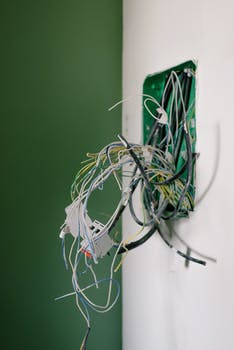
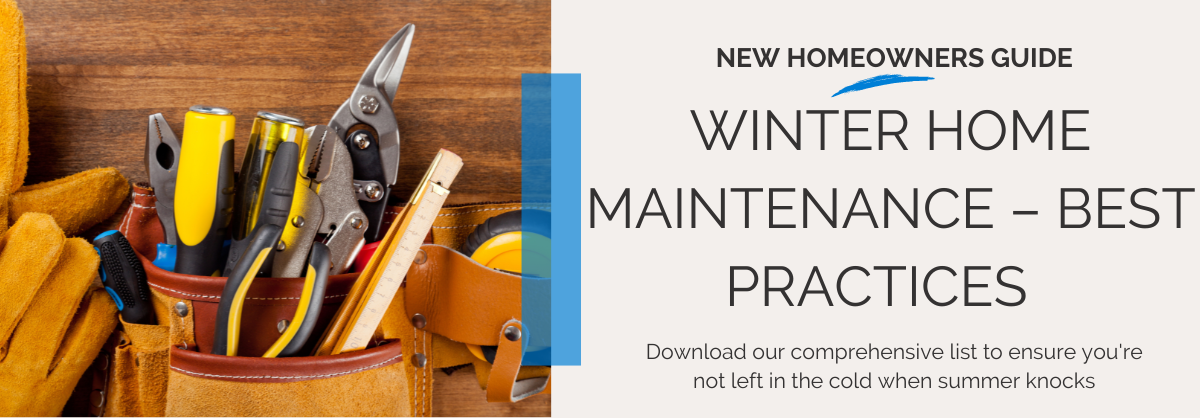
Listen to this article in Afrikaans:
Download HOMEMAKERS’ comprehensive winter maintenance checklist here:
Winter maintenance checklistNew Homeowners Guide – Winter Maintenance
Congratulations! You’ve applied for, and have been lucky enough to purchase, your first home!
Now what?
There are so many little things that you need to remember, arrange and figure out before you are settled into your new home. Where would you even start?
Never fear, HOMEMAKERS is here to save you. Or, at least, just point you in the right direction regarding where to focus your attention.
Over the next 7 months, we’ll be releasing one chapter a month of our New Homeowner’s Guide to help you make the best choices on this journey.
Last month’s chapter was all about how to settle into your new home after a move. Read it here for some critical tips.
Error, group does not exist! Check your syntax! (ID: 20)
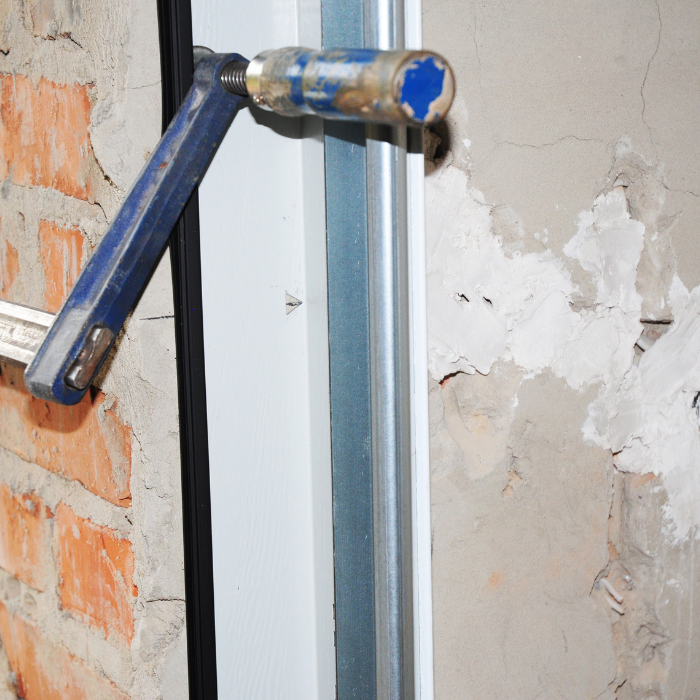
Winter Maintenance – Best Practices
To create a tight seal, all doors and windows should fit snugly. Doors and windows that are properly sealed prevent warm air from escaping and cold air from entering.
For aluminium Frames:
Verify that the current seals are still intact and fix any holes or cracks that have appeared. Installing draught excluders on doors will keep rooms warm and reduce energy use.
For Wooden Frames:
If the wood on the front and back doors is not periodically treated and sealed in damp weather, it swells and becomes stuck. Also oil the hinges, unless creaky hinges contribute to your Addams Family aesthetic. This is an important winter maintenance task, whether you live in an area with winter rain or not.
Make sure your plumbing system is in good enough shape so that you are not wasting water or money.
To make sure the drains are working properly, turn on the water and flush the toilet.
Remember to switch off outside taps for the winter if at all possible. There should be an isolation valve within the house.
The outdoor drainage system requires regular upkeep. Verify that nothing is obstructing water flow at any point in the system and that they are free of debris.
Make sure your geyser is operating properly at all times. Your geyser will be less effective the older it is. To guarantee that your geyser is secure, make sure to service it at least once a year. Insulate your geyser to help it retain heat and help you save money. The supplies can be acquired from most DIY stores.
It’s also a very good idea to do full winter maintenance on your pool, including the pump and pool cover.
Error, group does not exist! Check your syntax! (ID: 20)

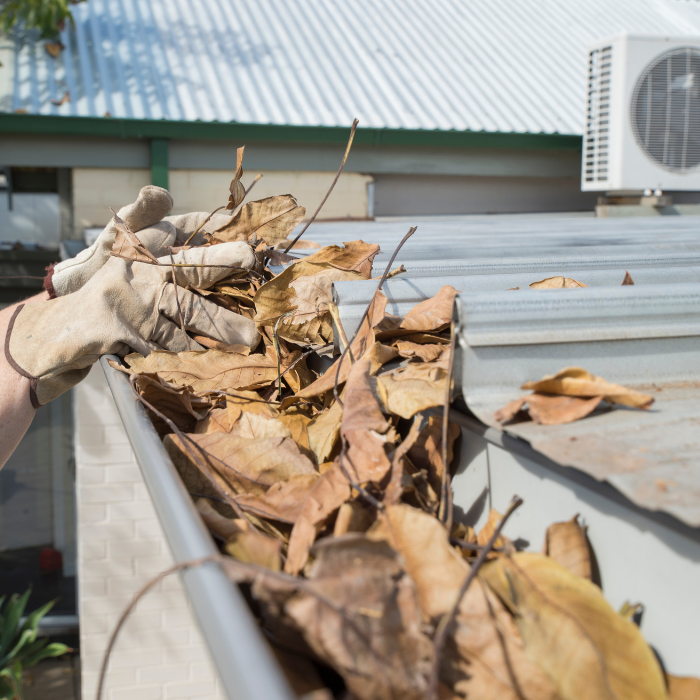
It’s time to swap out those burned-out light bulbs for low-energy or LED alternatives. While you’re at it, wash the lamp covers and make sure they’re installed properly because older homes could have loose fittings.
Verify the integrity of each electrical cable in and around the property. Frayed wires might be very dangerous. If you don’t think this winter maintenance task is important – imagine sitting without a heater.
Consider installing a geyser timer to ensure a lower electrical bill at the end of the month.
In order to avoid clogs during periods of heavy rain, regularly inspect gutters and downpipes for debris and leaves. By performing this easy home repair task, you could stop indoor dampness caused by external walls that have been drenched by leaking gutters.
When cleaning gutters, make sure none are broken or cracked and repair them as necessary. Don’t forget to clean out the gullies around the downspouts. Installing a gutter brush could help prevent debris build-up.
Error, group does not exist! Check your syntax! (ID: 20)

Ensure that all your entries, including the front, back, and side gates, are in good repair. Replace any outdated or worn front door locks with multi-point systems to make it much more difficult to break in. Now is the perfect time to have your burglar alarm serviced, if you have one.
If the gates around the house and property are made from iron, further maintenance might be required.
Winter rain can be pushed into the masonry of your home if it is open to the wind, which may result in dampness. To prevent water from penetrating the brickwork and plaster, make sure flaws like cracked plaster, gaps around windows, broken gutters and downpipes, and leaking roofs are covered.
Remember to check light fixtures and plugs outside the home as part of your winter maintenance.
Trim trees and hedges, getting rid of any weak or dead branches, to stop them from falling during windy conditions and damaging your property.
Maintain safe pathways and stairways free of moss and plants that could make them dangerous and slippery.
Close off outside water spigots and drain and store garden hoses. Garden hoses and other external watering systems’ lives will be significantly extended or prevented from bursting by disconnecting and draining them.
Error, group does not exist! Check your syntax! (ID: 20)
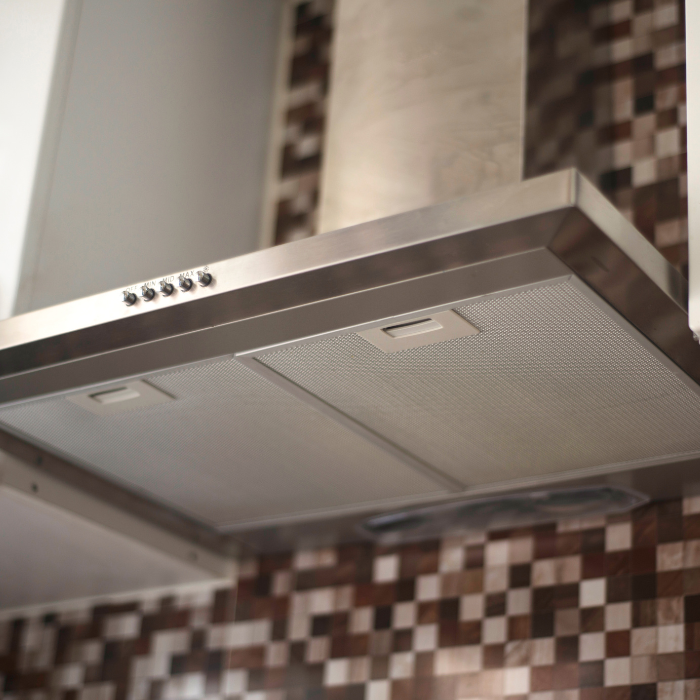
In order for the system to function properly if you have an open fire or stove, make sure the fume exit is clear.
Install and test carbon monoxide and smoke alarms whenever you use gas in your home, whether it be for a heater, fireplace, stove, or other appliance.
Check the filter in your stove’s extractor fan or have it serviced; this is something that is sometimes forgotten.
Now is also a good time to have your air conditioners checked and maintained.
If you’ve checked, maintained and repaired everything on the list above, the only thing left to do is to relax in your perfect winter home while reading the newest HOMEMAKERS articles.
We will get back to you shortly!
Error: Contact form not found.
